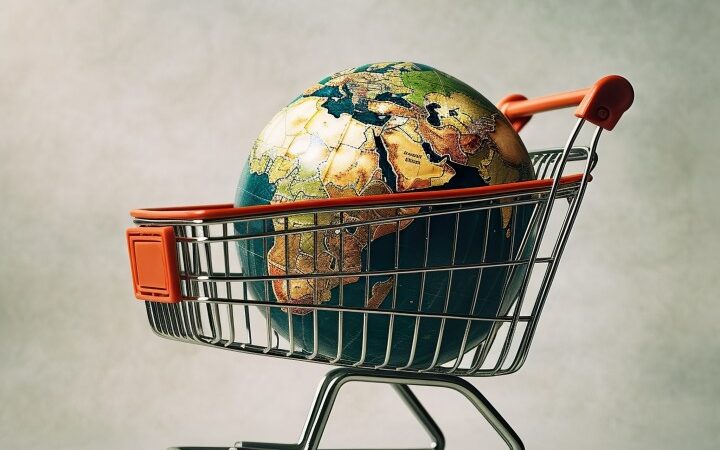We live in a consumer society. No matter how much we have, we want more. Australian households tend to borrow more to “keep up with the ‘Jones’s’ as income inequality rises in their local areas, according to research published by the Reserve Bank of Australia (2022). However, by adopting conscious consumerism, we can make a significant impact on our environment and foster a more sustainable future. Here’s how you can start making more informed choices in your daily life.
Understanding Conscious Consumerism
Conscious consumerism is about being mindful of the impact our purchasing decisions have on the environment, society, and our own well-being. It involves critically evaluating the necessity and longevity of items before acquiring them. Also it involves seeking out pre-owned or free alternatives whenever possible.
Why It Matters
- Environmental Impact: Reducing waste and conserving resources.
- Social Responsibility: Supporting ethical brands and fair labour practices.
- Personal Well-being: Promoting a decluttered, simplified, stress-free lifestyle.
Evaluating Necessity and Longevity
Before making a purchase, ask yourself the following questions:
- Do I really need this item? Consider whether the item is a necessity or a mere desire.
- How long will this item last? Choose high-quality, durable products that won’t need frequent replacing.
- Can I borrow or rent this item instead? Look into the sharing economy for items you use infrequently.
Seeking Pre-owned or Free Alternatives
One of the most effective ways to practice conscious consumerism is by giving pre-owned items a second life. Here are some strategies to help you get started:
1. Thrifting and Second-hand Shopping
- Visit thrift stores: Find unique, affordable, and eco-friendly options.
- Online marketplaces: Websites like Come and Get It and apps dedicated to selling used goods are treasure troves for quality items.
2. Free and Sharing Economy
- Free cycle networks: Join local groups where people give away items they no longer need for free.
- Library services: Borrow books, tools, and even electronics from your local library.
- Community sharing programs: Participate in programs that promote borrowing instead of buying.
Benefits of Conscious Consumerism
1. Environmental Sustainability
By reducing the demand for new products, we conserve resources and minimise waste. Reducing items going to landfill should be something we all strive to do. Embracing reuse and sustainability can significantly cut down on pollution and landfill contributions.
2. Financial Savings
Buying less and opting for second-hand items can save a substantial amount of money. This aligns with a decluttered, minimalist lifestyle, reducing the stress and chaos of excessive possessions.
3. Supporting Ethical Practices
Choosing products from companies with sustainable practices and ethical labour standards encourages better industry practices and helps promote social equity.
Practical Tips for Becoming a Conscious Consumer
1. Start Small
- Declutter: Begin by assessing your current possessions and decluttering unnecessary items. This not only creates a cleaner space but also helps you understand your true needs.
- Mindful Shopping: Make a list before shopping to avoid impulse buys and stick to your necessities.
2. Educate Yourself
- Research Brands: Investigate the sustainability practices of companies before making a purchase.
- Stay Informed: Follow blogs, podcasts, and social media accounts that focus on conscious consumerism and sustainability.
3. Get Involved
- Join local initiatives: Participate in community clean-ups, recycling drives, and educational workshops.
- Share knowledge: Encourage friends and family to adopt conscious consumer habits by sharing your journey and insights.
Conclusion
Conscious consumerism is a powerful way to contribute to a greener, more sustainable future. By evaluating the necessity and longevity of items, seeking out pre-owned or free alternatives, and supporting ethical brands, we can make a significant impact on the environment and society. Start today by making small, mindful changes and join the growing movement towards sustainability and a sharing economy.
Remember, every little effort counts. Let’s be the change we want to see in the world.


Leave a Reply